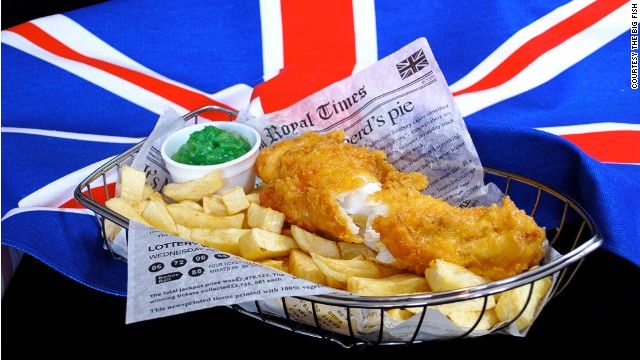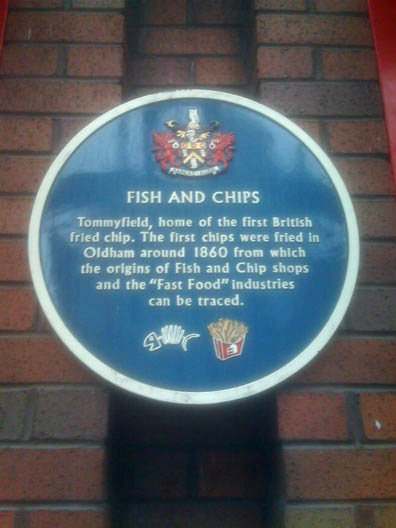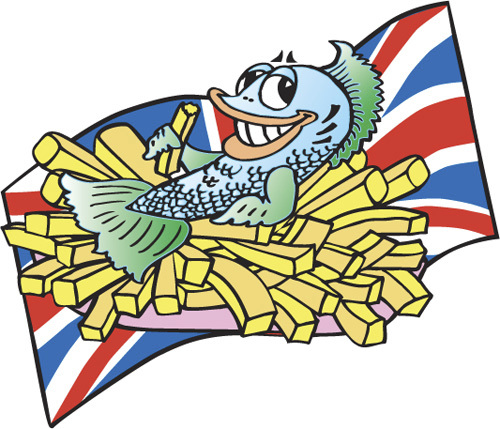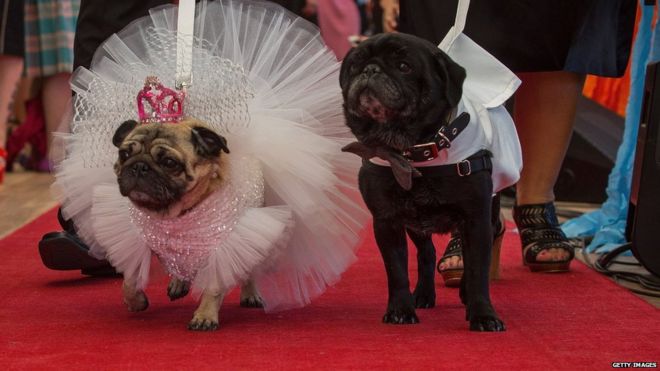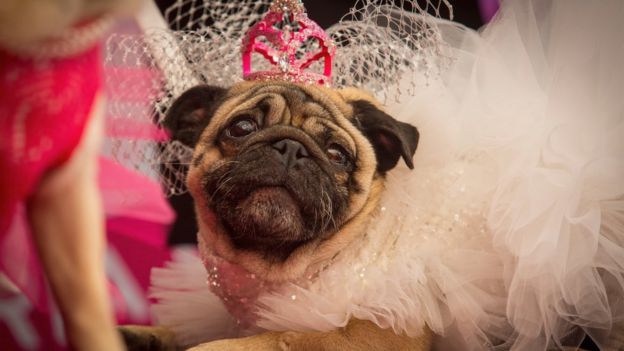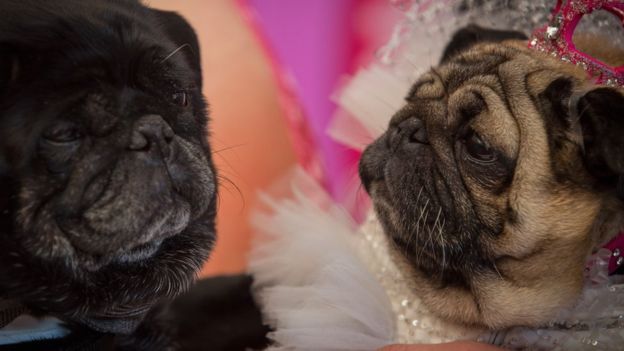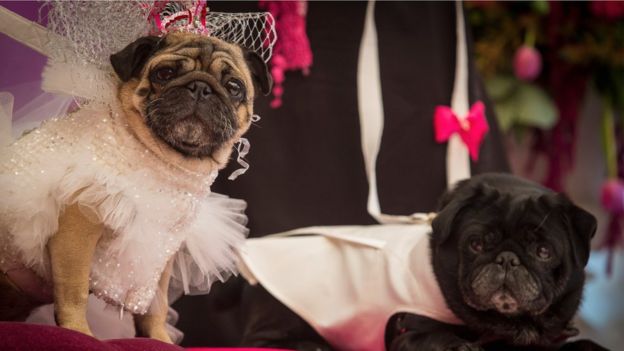One of the most famous battles in history has been recreated using Lego.
It's taken 20 people and more than a million bricks to construct.
It's all to mark the 200th anniversary of the Battle of Waterloo - when the famous French general Napoleon took on an army led by England.
The bicentenary of the death of Napoleon is being celebrated in the Belgian town of Waterloo with an exhibition involving over a million bricks.

